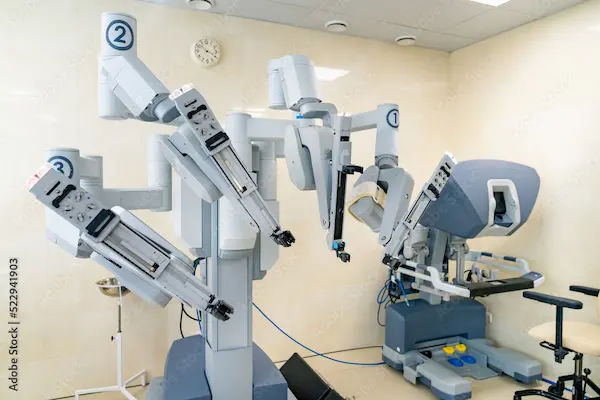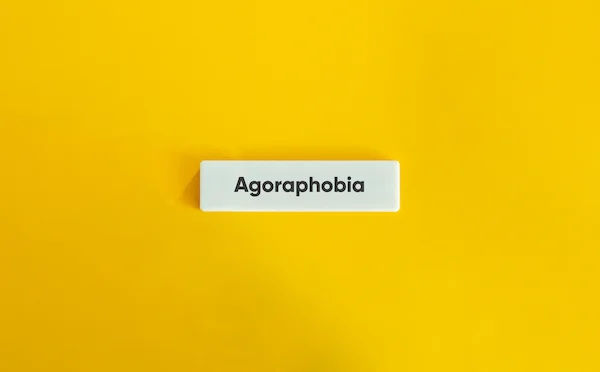Detecting Jaundice: Signs and Symptoms
Learn how to detect jaundice early by recognising its key signs and symptoms, including yellowing of the skin and eyes. Understand when to seek medical evaluation and treatment.

Written by Dr.Sonia Bhatt
Last updated on 21st Jul, 2025

Jaundice is a common condition that affects people of all ages, from newborns to adults. It occurs when there’s too much bilirubin—a yellow pigment produced during the breakdown of red blood cells—in the body. When the liver can’t process bilirubin efficiently, it builds up, leading to a yellow discolouration of the skin and eyes.
While jaundice itself is not a disease, it is often a sign of an underlying health issue that needs attention. Recognising the signs early can help in timely diagnosis and treatment. In this article, we’ll discuss the symptoms, causes, and ways to manage jaundice effectively.
What Are the Signs and Symptoms of Jaundice?
The most noticeable symptom of jaundice is the yellowing of:
Skin
Eyes (especially the whites, called sclera)
Mucous membranes (inside the mouth and nose)
Other common symptoms include:
Dark-colored urine (may appear brown or tea-colored)
Pale or clay-colored stools (due to lack of bilirubin in the digestive tract)
Itchy skin (caused by excess bilirubin deposits)
Fatigue or weakness
Abdominal pain or swelling
Nausea or vomiting
Fever or chills (in some cases)
If you or a loved one experience these symptoms, especially along with yellowing of the skin or eyes, it’s important to consult a doctor.
What Causes Jaundice?
Jaundice can result from various conditions affecting the liver, gallbladder, or blood. The main causes include:
1. Liver-Related Causes
Hepatitis (A, B, C, D, E): Viral infections that inflame the liver.
Cirrhosis: Scarring of the liver due to long-term damage.
Alcoholic liver disease: Excessive alcohol consumption harms liver function.
Fatty liver disease: Excess fat buildup in the liver.
2. Blockage in Bile Ducts (Obstructive Jaundice)
Gallstones: Hard deposits blocking bile flow.
Pancreatic or bile duct tumours: Cancerous or non-cancerous growths obstructing bile ducts.
Health Topic Carousel:
Doctor Speciality: General Physician
Text: Consult Top Specialists
3. Blood-Related Causes (Hemolytic Jaundice)
Hemolytic anaemia: Red blood cells break down too quickly.
Malaria or sickle cell disease: Conditions that increase red blood cell destruction.
4. Newborn Jaundice
Many babies develop mild jaundice in the first few days of life because their liver isn’t fully developed yet. This usually resolves on its own, but severe cases may need treatment.
How Does Jaundice Affect Health?
If left untreated, jaundice can lead to complications such as:
Liver failure (in severe cases)
Brain damage (kernicterus in newborns): Excess bilirubin can affect the brain.
Chronic liver disease: Long-term liver damage may occur.
Early detection and treatment are crucial to prevent these complications.
How Can You Manage Jaundice?
The treatment depends on the underlying cause, but some general tips can help manage symptoms:
1. Medical Treatments
For viral hepatitis: Antiviral medications may be prescribed.
For gallstones: Surgery or medication to remove blockages.
For severe cases: Phototherapy (light treatment) or blood transfusions may be needed.
2. Dietary and Lifestyle Changes
Stay hydrated: Drink plenty of water to help flush out toxins.
Eat a balanced diet: Include fruits, vegetables, whole grains, and lean proteins.
Avoid alcohol: It can worsen liver damage.
Limit fatty foods: Reduce processed and fried foods to ease liver workload.
Get vaccinated: Hepatitis vaccines can prevent liver infections.
3. When to See a Doctor
Seek immediate medical attention if you notice:
Sudden yellowing of skin/eyes
Severe abdominal pain
High fever with jaundice
Confusion or drowsiness
When Should You Get Tested?
If you suspect jaundice, your doctor may recommend:
Blood tests (to check bilirubin levels and liver function)
Ultrasound or CT scan (to detect blockages or liver abnormalities)
Liver biopsy (in rare cases, to assess liver damage)
Early diagnosis can help in effective treatment and recovery.
Conclusion
Jaundice is a warning sign that something may be wrong with your liver, gallbladder, or blood. While mild cases (especially in newborns) often resolve on their own, persistent symptoms need medical evaluation. By recognizing the signs early and making healthy lifestyle choices, you can protect your liver and overall well-being.
If you or someone you know is experiencing symptoms of jaundice, don’t delay—consult a doctor. You can easily book a consultation or schedule a liver function test through Apollo24|7 for quick and reliable care.
Consult Top Specialists
Consult Top Specialists

Dr. Swathi Reddy Perugu
General Physician/ Internal Medicine Specialist
7 Years • MBBS, MD (General Medicine)
Hyderabad
Health plus, Hyderabad

Dr. Rajib Ghose
General Practitioner
25 Years • MBBS
East Midnapore
VIVEKANANDA SEBA SADAN, East Midnapore

Dr. Sandhya Chandel
General Physician/ Internal Medicine Specialist
16 Years • MBBS, MD (Int. Med.), IDCCM
Bilaspur
Apollo Hospitals Seepat Road, Bilaspur
(125+ Patients)

Dr. Mohamed Azeem
General Physician/ Internal Medicine Specialist
2 Years • MBBS,MD(Internal Medicine) CCEBDM
Karaikudi
Apollo Hospitals Karaikudi, Karaikudi
Dr. Paras Gangwal
General Physician/ Internal Medicine Specialist
28 Years • MBBS,MD General Medicine
Delhi
Dr Paras Gangwal Clinic, Delhi




